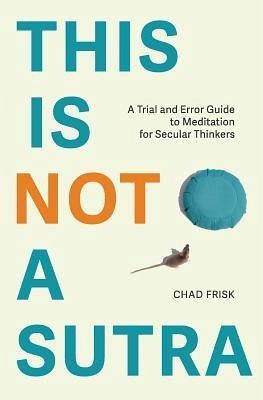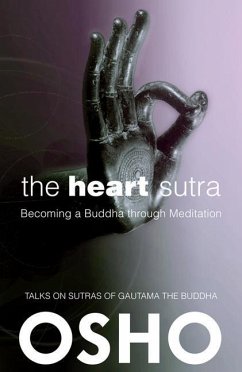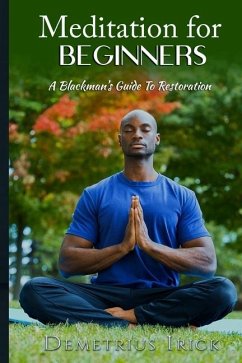
This is Not a Sutra: A Trial and Error Guide to Meditation for Secular Thinkers
Versandkostenfrei!
Nicht lieferbar
Meditation is increasingly described as a secular tool for supporting mental health; that said, it is less common to hear about the challenges involved in actually trying to do it. One challenge is that meditating can be hard. The practices themselves require training and dedication. Another challenge is that meditation often isn't very secular. Many practices were developed within more religious-minded traditions, and those influences are often quite present, even in secular environments. This book represents one person's attempts to work through those challenges. Inside you will find common ...
Meditation is increasingly described as a secular tool for supporting mental health; that said, it is less common to hear about the challenges involved in actually trying to do it. One challenge is that meditating can be hard. The practices themselves require training and dedication. Another challenge is that meditation often isn't very secular. Many practices were developed within more religious-minded traditions, and those influences are often quite present, even in secular environments. This book represents one person's attempts to work through those challenges. Inside you will find common instructions for four practices that the author-Chad Frisk-engages in. After presenting the instructions, Frisk details his difficulties both understanding and carrying them out, and then offers some suggestions for ways in which a secular thinker might approach the practices as tools for careful inquiry. This book does not claim to be an authority on any meditative practice or tradition; rather, it is an account of Frisk's personal efforts to develop a non-religious practice. He hopes that it will serve as a useful point of departure for any like-minded person considering a practice of their own.






